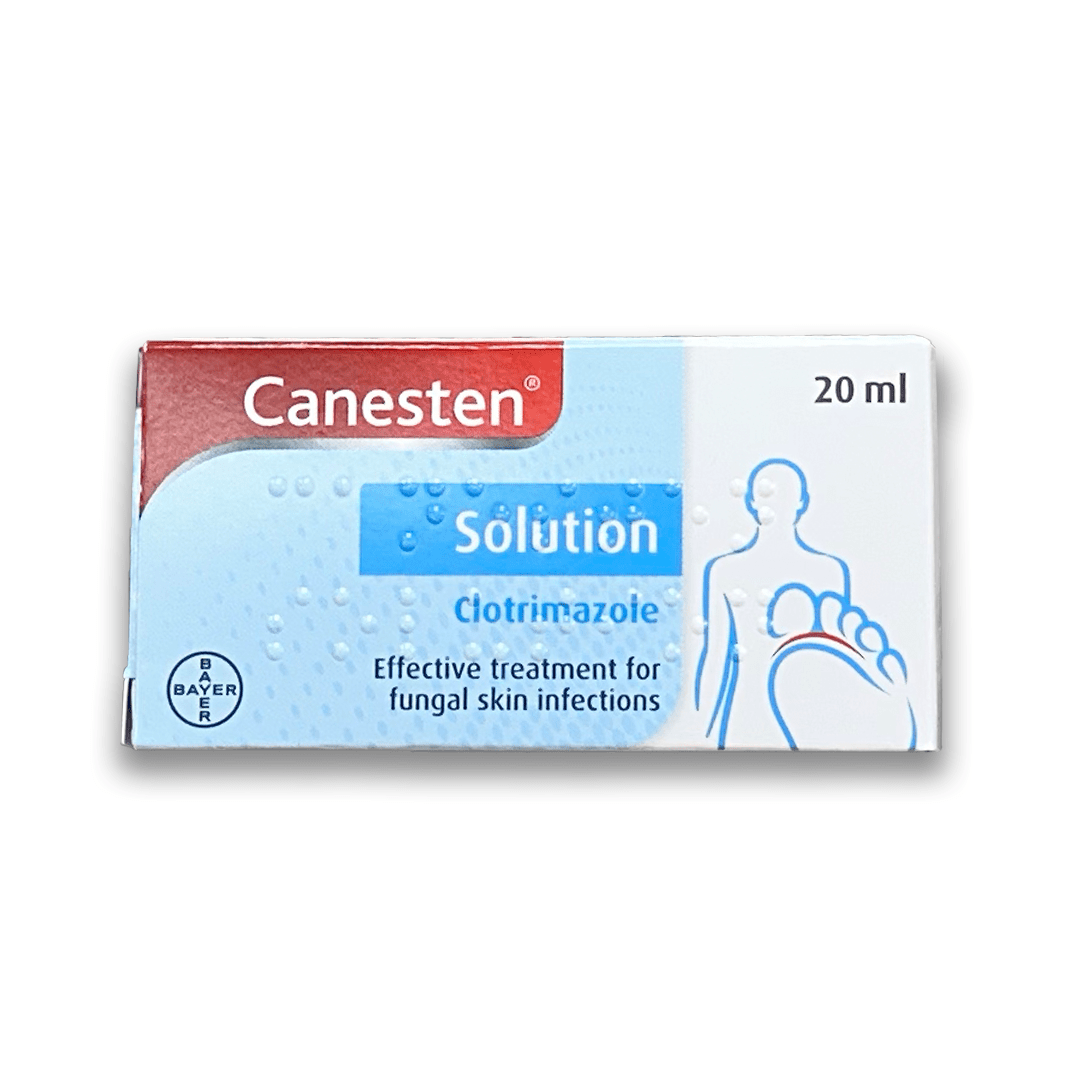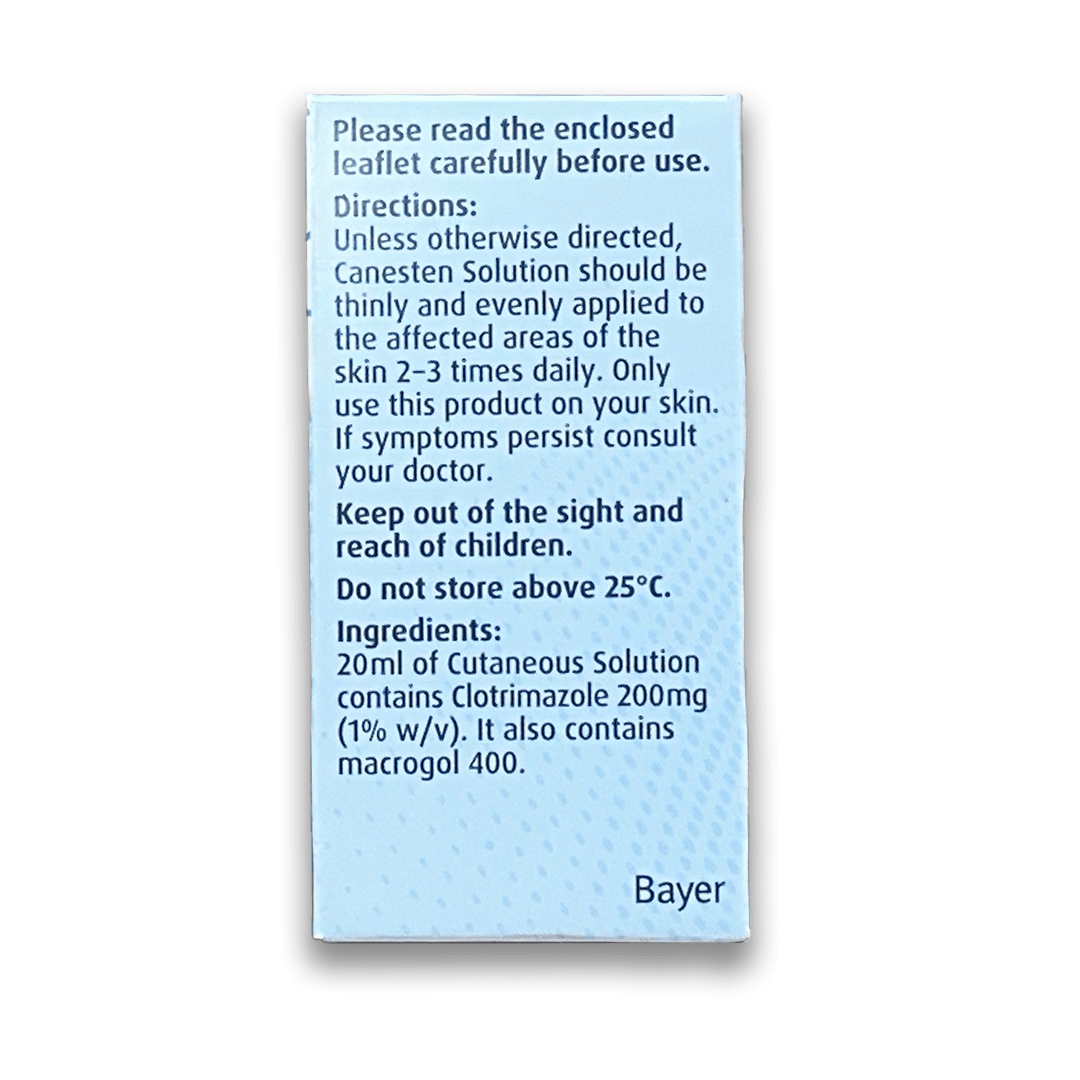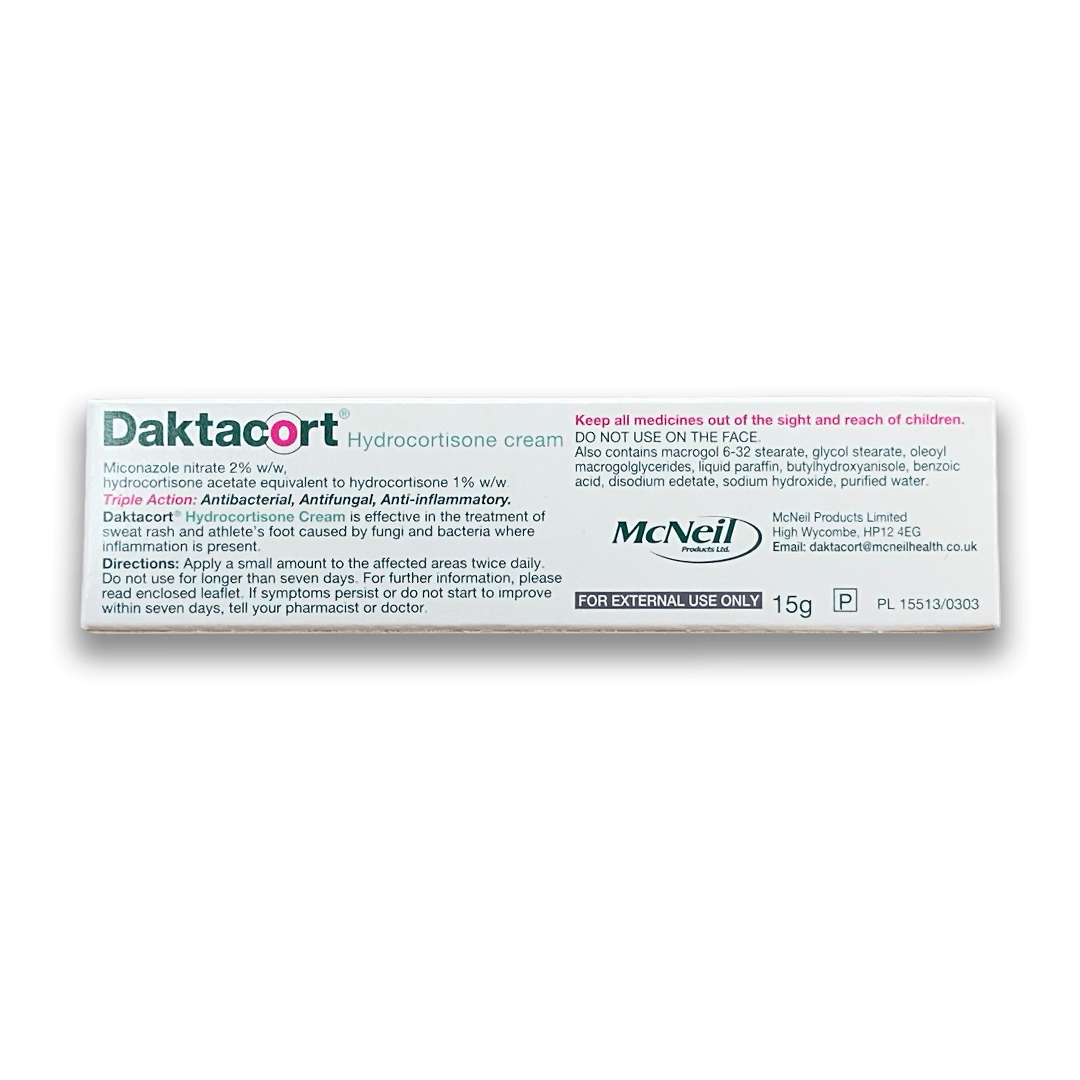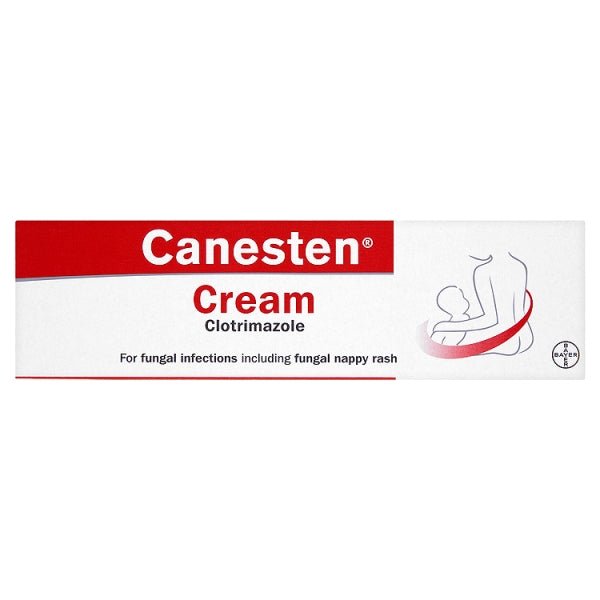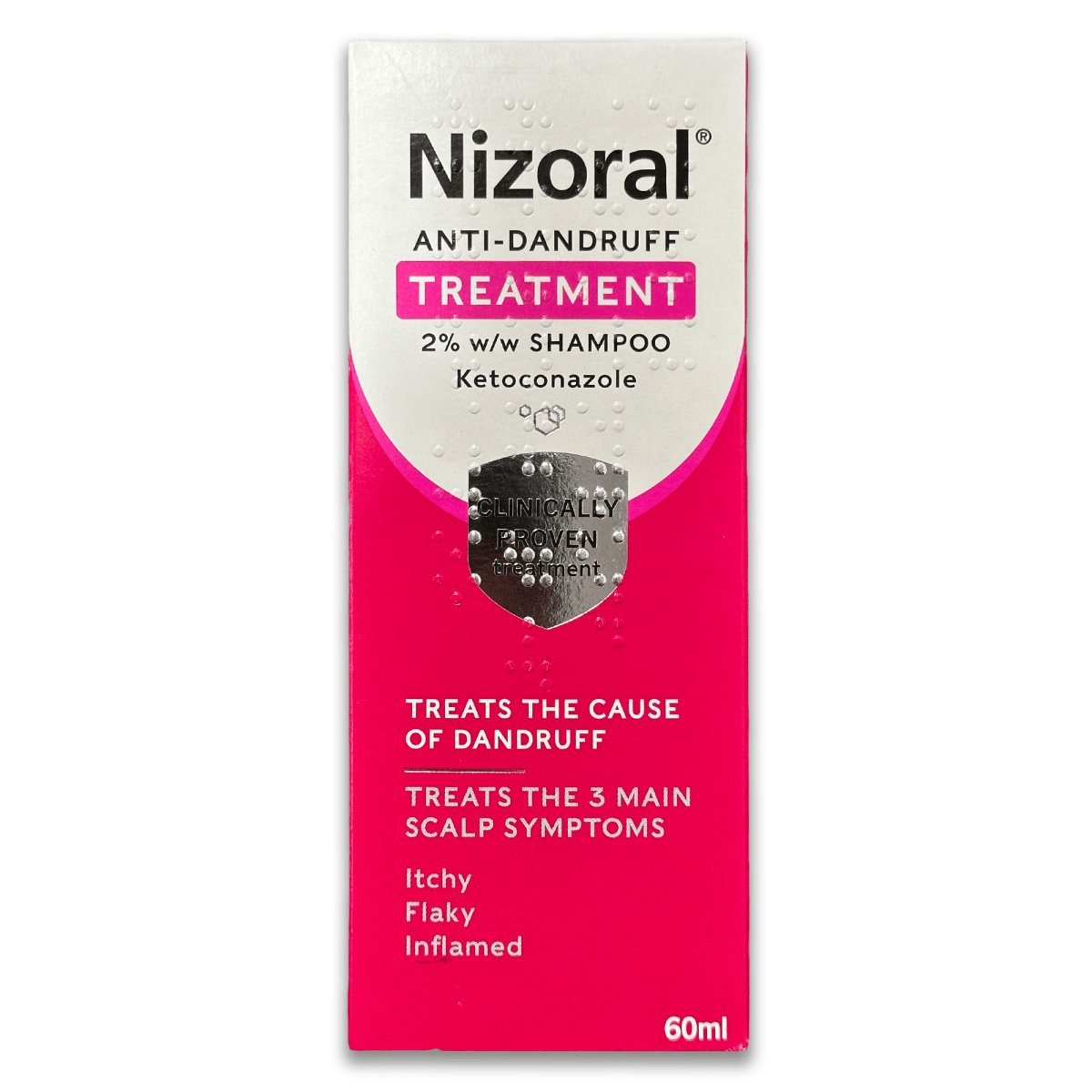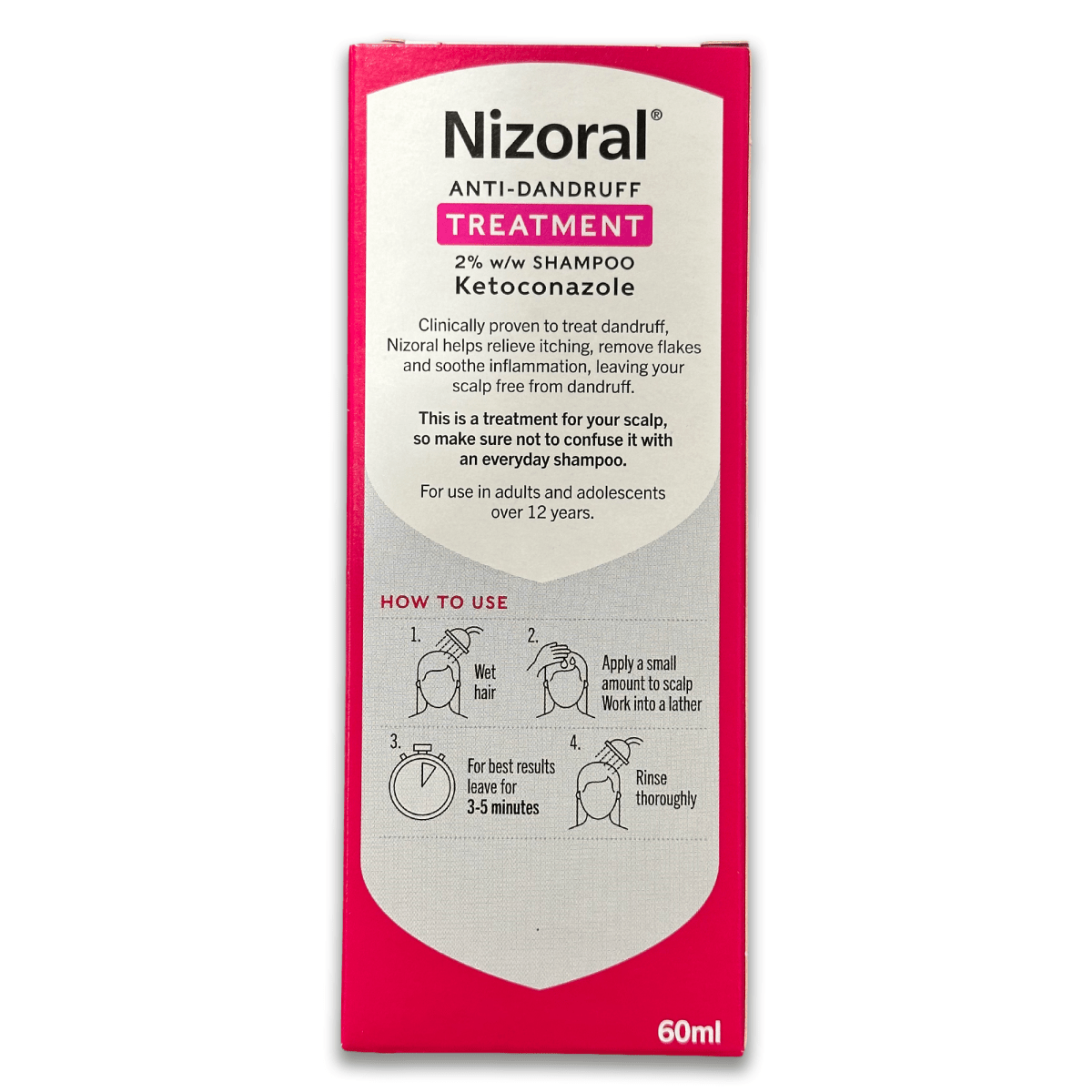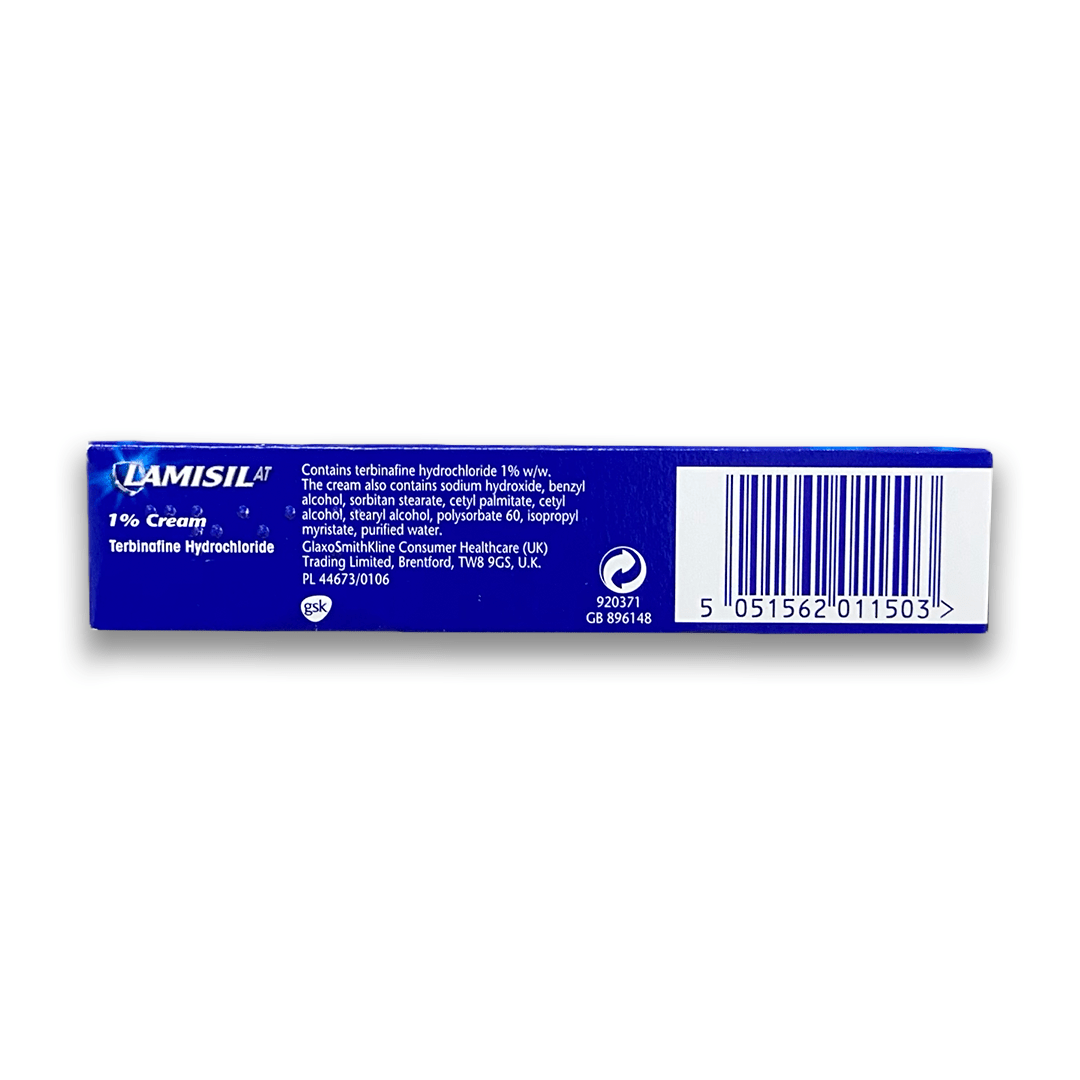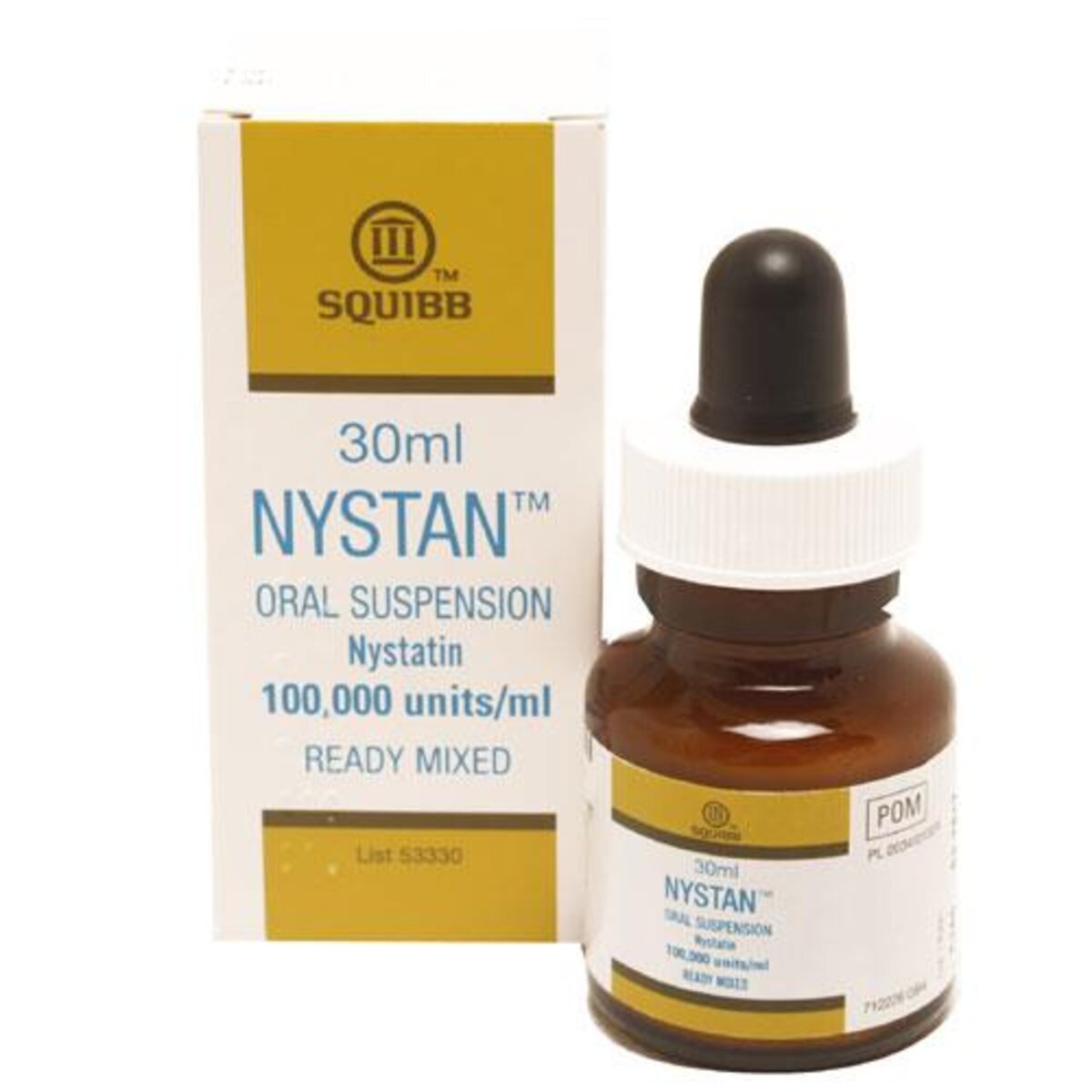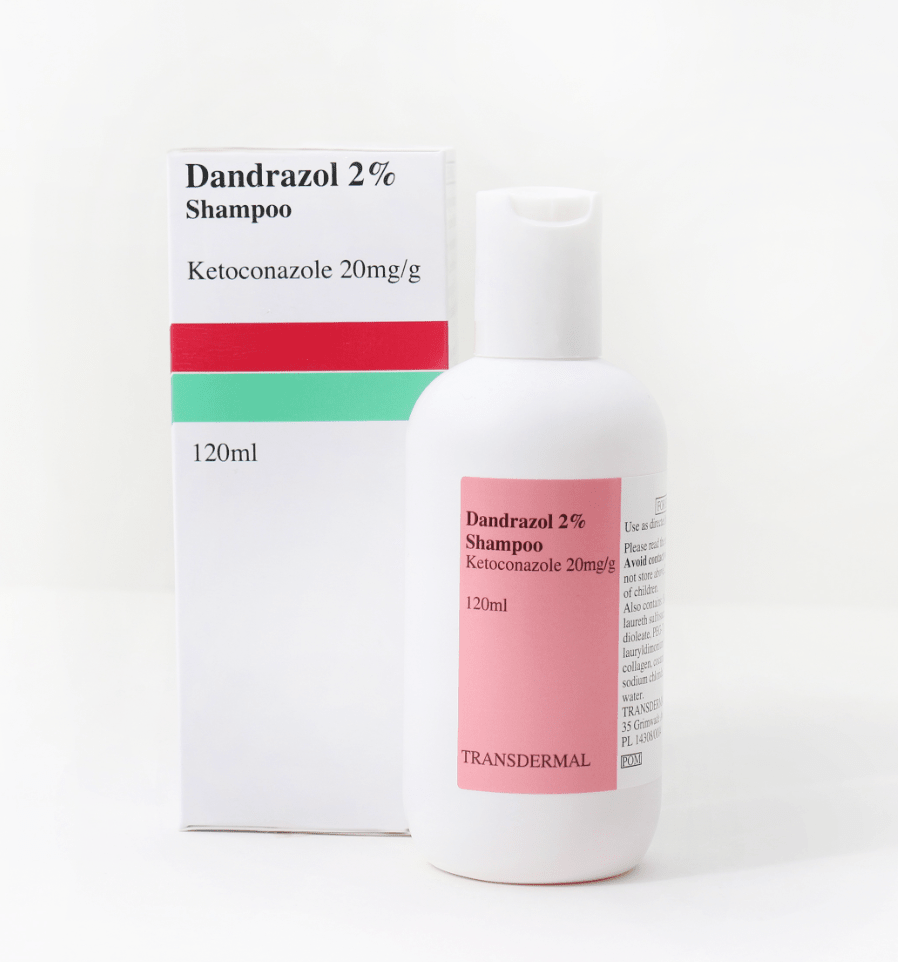£ 7.99


About Fungal Infections
Cause
Diagnosis
Treatments
Prevention
Further Info
FAQs
Are over-the-counter (OTC) antifungal creams and ointments effective in treating fungal skin infections, or should I seek prescription medication?
Can I prevent fungal nail infections, and if I already have one, how can I effectively manage it?
Can fungal infections be transmitted from person to person, and what precautions should I take to avoid spreading or contracting them?
Are there any natural remedies or lifestyle changes that can help prevent fungal infections, particularly in warm and humid climates?
We are here to help 👋
For assistance, please contact our customer service at info@rightangled.com. We are available Monday to Friday from 8 am to 5 pm. For urgent issues, please do not use this email. Instead, call 111, or dial 999 in case of an emergency.

